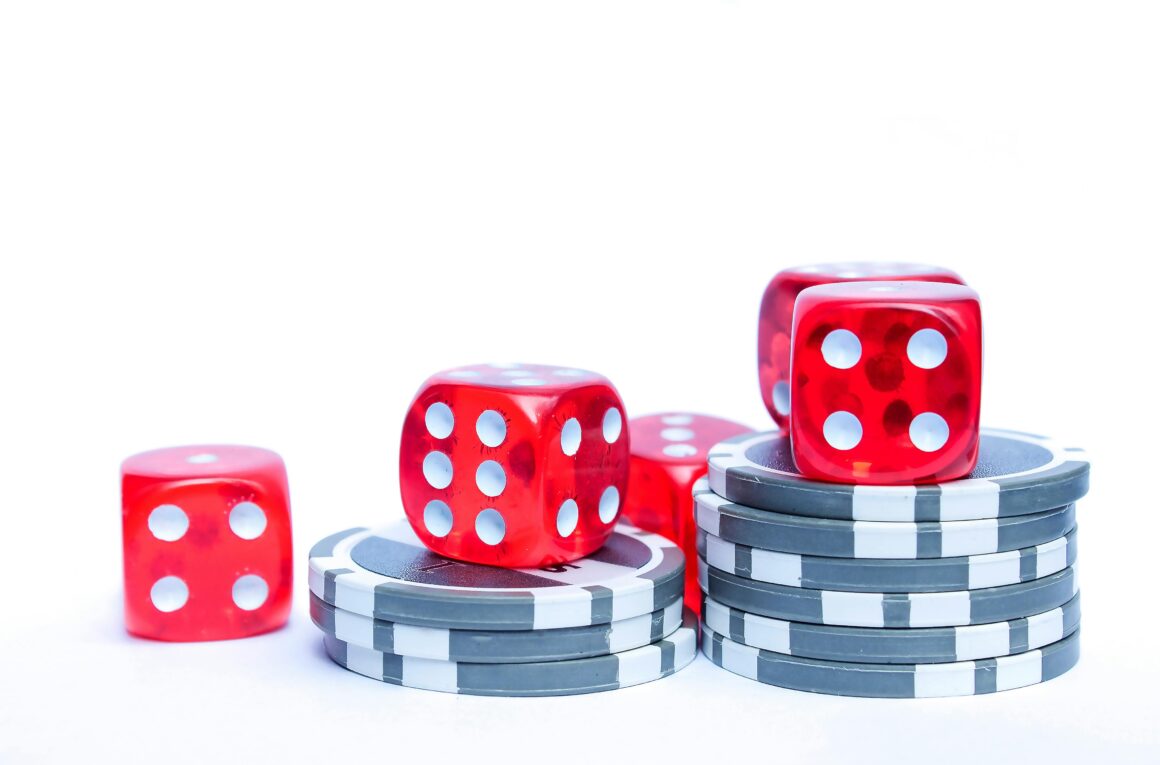Nearly nine months since Trump took office — between a hurricane exacerbated by decades of neglect to properly address climate change, an increasingly reckless and hostile relationship between two nuclear powers, and a brazen resurgence of white supremacy that’s being normalized by the most powerful people in the country — liberals have finally found a way to confront the grim reality of his presidency: spending thousands of dollars on terrible fan fiction.
The Kickstarter for Barry & Joe, an in-the-works animated series that has taken the stupidest swaths of #TheResistance by storm, successfully met its goal of $100,000 last Thursday. The proposed series would follow Barack Obama and Joe Biden as they travel back in time to alter certain events in history, and it presumably draws from the meme characterizations of the two and their “bromance” — Biden, the excitable goofball; and Obama, the mature stoic. The show is self-aware escapist fan fiction in the age of Trump. The thing is, anyone who could possibly find solace in a cartoon probably doesn’t stand to lose much as a result of this presidency anyway.
Apart from being embarrassingly corny and uninspired, Barry & Joe is offensive because of the larger trend it’s emblematic of: an unhealthy romanticization of political figures.
Instead of moving forward from the failed political establishment that led to the election of Trump, “The Resistance” has consisted mostly of lionizing mediocre politicians to an even greater degree. This insistence by liberals to cling on to public figures usually (as Barry & Joe exemplifies) results in a gross distortion of them — where complex individuals with often problematic records and beliefs are reduced to one-dimensional characters. John McCain is a principled maverick (despite voting with the unconscionable positions of his party the vast majority of the time), Bill Clinton is a cosmopolitan man in touch with minorities (despite championing welfare reform and a crime bill that decimated black communities), Justin Trudeau is a progressive feminist (despite selling arms to a misogynistic theocracy).
The 2016 U.S election cycle was, in retrospect, a perfect theater to observe this trend (from multiple angles). The never-ending Democratic primary presents a discourse that often seems less between political candidates and more between two fan bases. What should be a debate on policy ultimately turned into personal attacks between “Bernie Bros” and “Clintonistas” — each guilty of frequently bypassing substance entirely to instead critique the culture surrounding each candidate. This further highlighted the gradual fusion between American politics and entertainment.
Later, the general election saw two separate (and equally dangerous) ways this romanticization of political figures can manifest itself. The same “cult of personality” that turned so many leftists away from Hillary Clinton’s campaign, conversely bolstered that of Donald Trump’s. While they’re both similar examples of reality distortion, liberals’ portrayal of Hillary as a sassy, badass queen repelled nearly as many voters as conservatives’ portrayal of Trump as a swole alpha-male captivated. This is a logical consequence of characterizing politicians; eventually, these fabricated personalities act as the main selling point to voters instead of policy.
Letting politicians turn into simplified, idealized versions of themselves is dangerous, as it effectively absolves them of their flaws. These are public officials who should be constantly scrutinized and held to the highest of standards, not fetishized when they do good and ignored when they do bad. Cozying up to those in power is at best delusional, and at worst harmful to real progress. These people aren’t memes, or celebrities, or your friends — they’re figureheads of the ruling class, and your only relationship with them should consist of ruthless criticism intended to push them toward enacting the change you want to see in your country.




